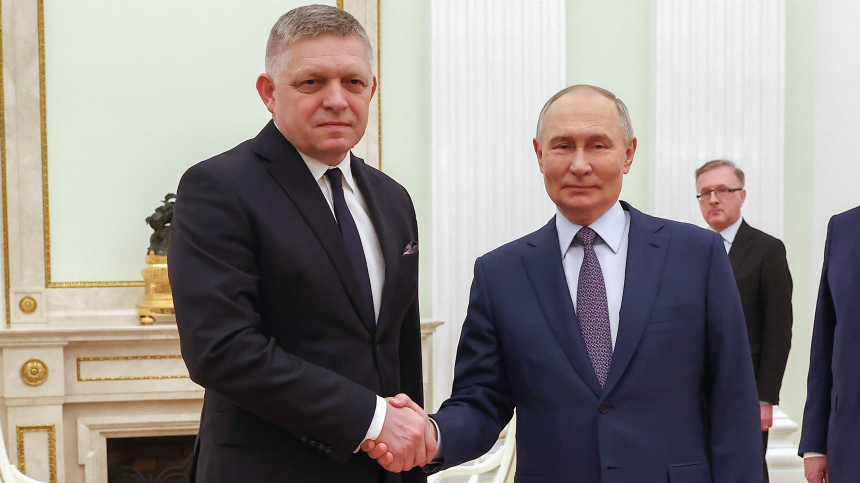Turkey's Strategic Moves in Post-Assad Syria
Following the political upheaval in Syria, Turkey's diplomatic, military, and regional policies are under intense scrutiny. Officials strategize to navigate alliances and redefine relations in a reshaped Middle East.
Published December 23, 2024 - 00:12am

Image recovered from arabnews.com
In the aftermath of Bashar Assad's fall from power in Syria, the geopolitical dynamics of the Middle East have entered a transformative phase. Central to this change is Turkey, which has been vigorously recalibrating its diplomatic relations and policy directions in response to the evolving landscape in its neighboring country.
Turkish Foreign Minister Hakan Fidan has been actively engaging with Syria, striving to consolidate relations with Syria's new leadership. This pivot marks a significant deviation from the past, where Turkey was a staunch opponent of Assad's regime, providing support to various opposition forces. In a recent visit to Damascus, Fidan underscored Turkey's willingness to foster a constructive dialogue with the new Syrian administration, as led by Ahmed Al-Sharaa, closely allied with the Islamist group Hayat Tahrir al-Sham (HTS).
This shift in Turkish policy has not gone unnoticed on the world stage. German Foreign Minister Annalena Baerbock's visit to Ankara further highlights the international interest in stabilizing Syria. Baerbock emphasized the necessity for collective international efforts to ensure Syria's stabilization and prevent it from becoming a pawn in broader geopolitical games. Her sentiments underline a shared concern over the potential for continued chaos if international coordination falters.
Integral to Turkey's new approach is the recognition of HTS as a legitimate partner. This controversial stance has raised eyebrows, particularly as HTS remains a contentious entity due to its jihadist roots and former alliances. However, Turkey argues that engaging with HTS is pragmatically essential to maintain regional stability and address the Kurdish issue, a long-standing security concern for Ankara. The Turkish government insists that organizations like the Syrian Democratic Forces (SDF), viewed by Turkey as tied to the outlawed Kurdistan Workers' Party (PKK), pose a direct threat. Thus, Turkey is seeking assurances from the new Syrian authority to address these security challenges.
Turkey's strategic recalibration is intertwined with a plea to the international community, especially the European Union, to reevaluate their stance on HTS. The call for the removal of HTS from terror lists is a part of Turkey's broader diplomatic effort to stabilize its critical southern frontier and integrate more deeply into the new Syrian political structure.
The implications of Assad's removal extend beyond just Turkey and Syria. International observers, including those from humanitarian and human rights organizations, express concerns over the respect for human rights amid these seismic shifts. Reports indicate that violence and power struggles could intensify, especially around ethnically diverse and disputed areas like Kobane, which has historically been a flashpoint between Turkish forces and Kurdish groups.
This political transition is seen as a rare opportunity for peace in Syria after years of brutal conflict. However, the path to peace is fraught with challenges. The international community, including the United States, remains wary, urging careful consideration of the alliances being formed and the historical complications they entail. Ankara's diplomatic moves are closely watched for indications of its true ambitions regarding territorial control and influence in Syria.
Turkey's comprehensive approach, while ambitious, faces significant hurdles. At the forefront is the delicate balance between cooperating with Syria's new regime and addressing the Kurdish issue to Turkey's satisfaction without exacerbating regional tensions. The Turkish government continues to strive for sanctions relief for Syria, seeing it as vital for rebuilding the war-torn nation and facilitating the return of Syrian refugees, a significant concern given Turkey's hosting of millions of Syrian nationals.
In summation, Turkey's post-Assad strategy underscores its nuanced role in Middle Eastern geopolitics, balancing diplomacy, security concerns, and international relations. The coming months will reveal the efficacy of Turkey's efforts in influencing Syria's future and maintaining regional stability, a task fraught with both potential and peril.







